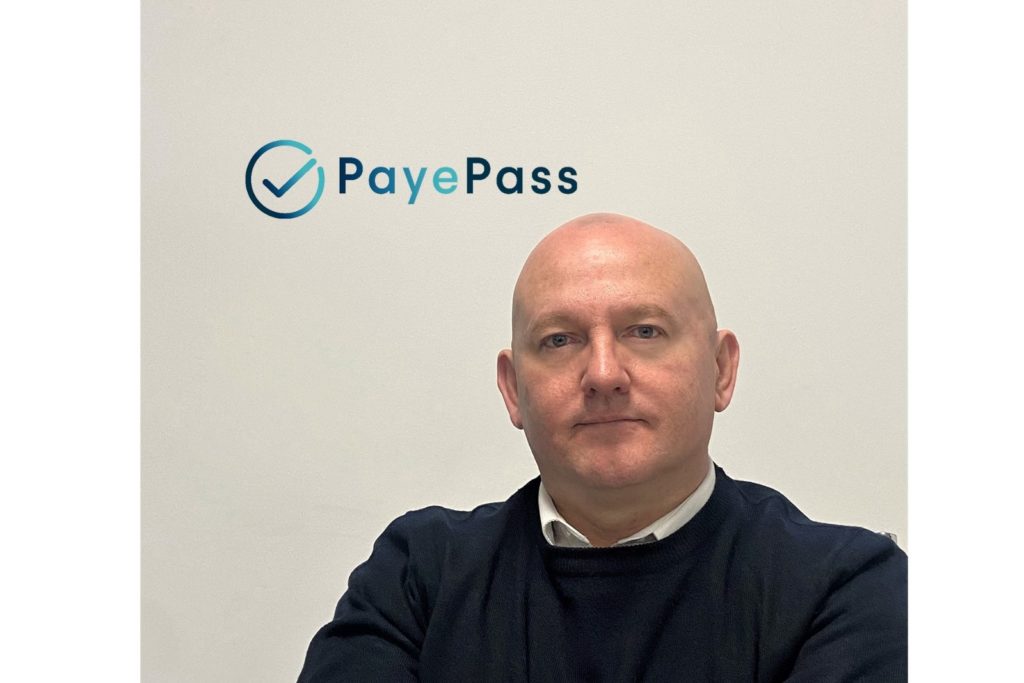How can we put an end to unscrupulous umbrella companies?
The Freelance Informer asks Fred Dures of PayePass how funding raised by taxpayers to prevent the proliferation of tax avoidance schemes can be justified at a time when so many families are struggling to make ends meet
Dures offers his suggestions on how to beat the bad guys at their game and who will fund and lead the crackdown.

A major issue for this government is to stop the proliferation of tax avoidance schemes, which continue to pose a major threat to the Treasury coffers, not to mention contractors, recruitment agencies and end-clients.
This could be solved in part by regulating the umbrella industry. Incidentally, this was promised by the government some time ago, but looks unlikely to happen for at least another year or two.
The Chancellor missed a big opportunity in the mini-Budget, in which he could have announced additional funding for the short-staffed Employment Agencies Standards Inspectorate – which forms part of the department for Business, Energy and Industrial Strategy (BEIS).
While some would argue that directing more funding to the BEIS at this time, in particular, is not a priority, the reality is that it would help prevent tax avoidance schemes from operating which would ultimately increase tax revenue overall.
And let’s not overlook the fact that regulation is not just aimed at preventing tax avoidance schemes. The government is well aware of the fact that – and at the expense of contractors’ salaries – a significant number of umbrellas are benefiting by skimming those salaries every week and withholding holiday pay.
At a time when many contractors are genuinely concerned about whether they can turn their heating on this winter and properly feed their families, every penny that they are legally entitled to should end up in their pockets and not the deep ones of umbrellas that are making hidden or, as some might say, illegal profits.
By continually side-stepping umbrella regulation at every available opportunity, the government is complicit in allowing the skimming and withholding to perpetuate. I am aware that significant evidence of this wrongdoing has been submitted to various government departments and enforcement agencies, but none of them have taken any action and they don’t appear like they will any time soon.
Q: Who would be given the funding and how would they manage it and on what?
The main contender is the Department for Business, Energy and Industrial Strategy (BEIS) and potentially the Employment Agencies Standards Inspectorate (EASI). With a conservative reported £40 billion per year flowing through the umbrella sector, the urgent involvement of both departments in regulation is undoubtedly justified.
Over the last few years, detailed submissions have been provided on how to regulate, with extensive consultations. Therefore, the government already has all the details and, in truth, it is not actually that complicated. Existing employment and tax legislation is already in place that will neatly fit into a regulated environment. What’s missing is a dedicated regulatory that can enforce them and impose swift sanctions.
Q: How much are we talking about and how is this calculated?
No accurate and realistic figures have yet been circulated, but I believe full regulation could actually be cost neutral, as the regulated businesses should pay for it on a statutory fee basis as a prerequisite for being allowed to commence and continue trading. The profits made by the businesses can be significant, so they can afford to pay for their regulation.
Q: With IR35 reforms repealed, how are umbrella companies reacting?
A: As the dust is still settling on the news, there is still much concern over how these businesses will be affected. As there appears to be little appetite to drive umbrellas out of the sector, which I agree with, there will still be plenty of contractors that require their services.
However, I estimate that in the first year post-April 2023 several hundred thousand contractors will return to the use of their own limited companies, so there will be a loss of business and revenue. Some umbrellas could cease to trade unless they merge or adapt.
Q: Are they expecting an exodus of contractors come April 2023?
A: Not necessarily. With or without IR35 reform in play, compliant umbrella companies provide a vitally important service to contractors, along with the wider supply chain.
PayePass is a payroll data software company founded to protect contractors from unscrupulous umbrella companies running tax avoidance and evasion schemes.


